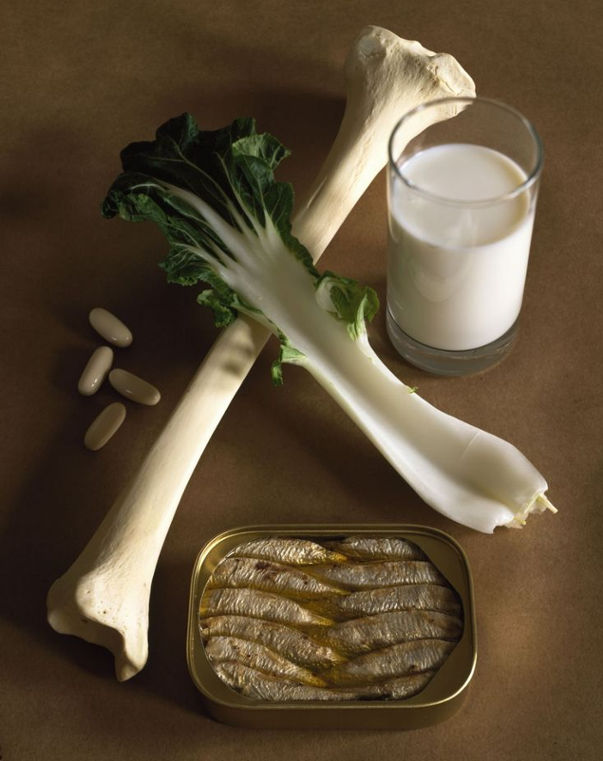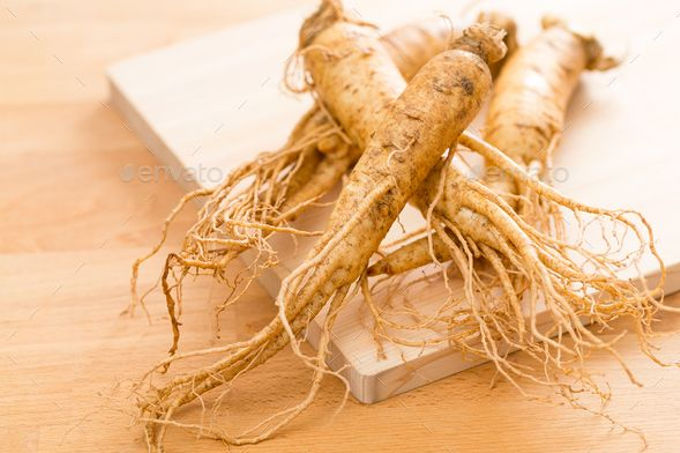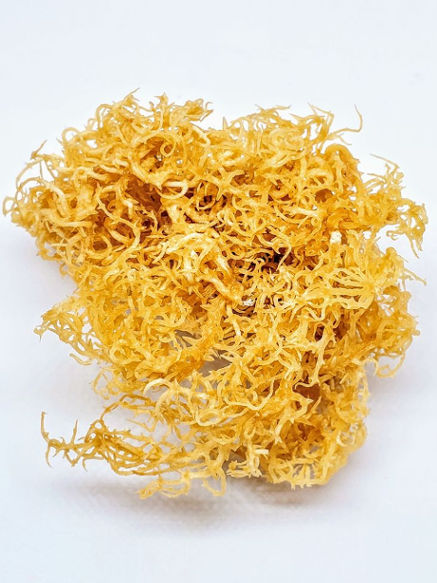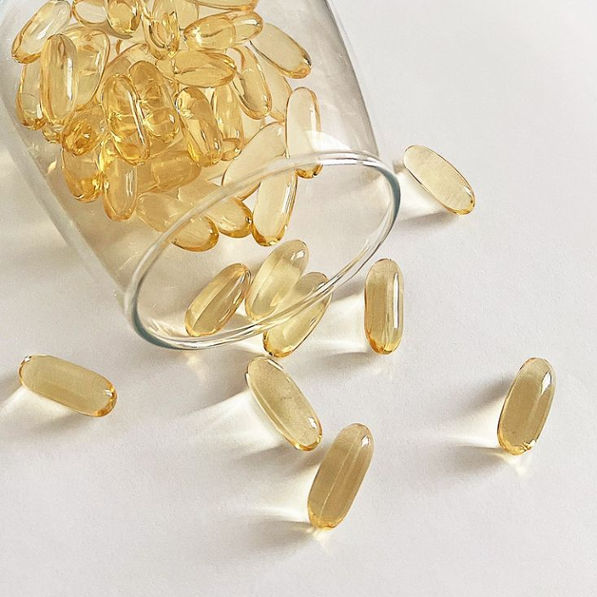In this article, we’ll explore a variety of healthy vitamins and supplements that can contribute to your overall well-being and vitality.
While a balanced diet is essential for providing our body with essential nutrients, sometimes we need a little extra support to ensure we’re meeting our nutritional needs. This is where the healthy vitamins and supplements become the MVP.
Before going into specific healthy vitamins and supplements, it’s important to understand their purpose and importance.
People usually take healthy vitamins and supplements to provide essential nutrients that their diets may lack.
Obtaining nutrients through whole foods is ideal but supplementation can be necessary in certain situations, such as dietary restrictions or deficiencies.
Interesting reads: 10 Best Foods for Skin: Beauty from within, Beauty Tips: Advice from a Beauty Student, Healthy Habits for Better Sleep
Vitamin Supplements
Vitamin D
D-Vitamin plays a crucial role in bone health because it helps in calcium and phosphorous absorption, therfore preventing conditions like osteoporosis and multiple sclerosis (MS). Additionally, it supports immune function, helping the body fight off infections and diseases.
Natural sources of vitamin D include sunlight, fatty fish like salmon, sardines and herring, and fortified foods like milk and orange juice.
However, use of supplements may be necessary for individuals with limited sun exposure or those living in regions with not enough sunlight.
The recommended daily intake of vitamin D varies depending on factors such as age, sex, and health status. Excessive supplementation can lead to toxicity, characterized by symptoms like nausea, vomiting, and weakness. (Source)
Vitamin C
Vitamin C is an essential vitamin meaning the body does not produce it. Yet, it known to have many benefits and immune-boosting properties.
It has antioxidant properties and supports collagen production, wound healing, and protects cells from damage caused by free radicals.
Citrus fruits, strawberries, bell peppers, and leafy greens are excellent sources of vitamin C. Supplement options can include tablets, capsules, and chewable gummies.
The recommended daily amount of vitamin C is 90 milligrams for adult men and 75 milligrams for adult women. While vitamin C is generally safe in recommended doses, excessive intake can lead to gastrointestinal discomfort, headache, fatigue, and diarrhea. (Source)
Vitamin B12
Vitamin B12 plays an important role in nerve function, red blood cell production, and protein metabolism. A deficiency in B-12 vitamin can lead to neurological symptoms like dementia and tingling sensations; anaemia and weakness can alos occur.
Animal products like meat, fish, eggs, and dairy are primary sources of vitamin B12. Vegetarians and vegans can obtain vitamin B12 from fortified foods like cereals and plant-based milk alternatives.
Individuals at risk of vitamin B12 deficiency, such as older adults and those with gastrointestinal disorders like celiac and crohn disease, may benefit from supplementation.
Supplements can be oral or received as vitamin B12 injections to address the deficiency. (Source)
Vitamin A
Vitamin A is essential for maintaining healthy vision, particularly in low-light conditions. It also plays a crucial role in supporting immune function, reproduction, growth, and development.
Additionally, vitamin A promotes the integrity of the skin and mucous membranes, contributing to overall skin health.
Vitamin A can be obtained from various dietary sources, including animal products like liver, fish, and dairy, as well as plant-based sources like carrots, sweet potatoes, and leafy greens.
In some cases, vitamin A supplementation may be recommended to address deficiencies or support specific health needs.
The recommended daily intake of vitamin A varies depending on factors such as age, sex, and life stage. While adequate intake is important for overall health, excessive vitamin A intake can lead to nausea, headache, dizziness, and problems with coordination.
It’s important to obtain vitamin A from a balanced diet and consult with a healthcare professional before starting supplementation. (Source)
Mineral Supplements
Iron
Iron is essential for oxygen transport, energy production, and maintaining healthy red blood cells. It also supports cognitive function and immune health.
The body more readily absorbs heme iron, found in animal products like meat and seafood, compared to non-heme iron from plant sources like legumes and leafy greens.
Iron supplements may be necessary for individuals with iron deficiency anemia or those at risk of deficiency like pregnant women and women with heavy periods.
The recommended daily intake of iron varies by age, sex, and life stage. Too much intake of iron supplements can lead to stomach issues like pain, constipation, diarrhea, and vomiting.
Extremely high intake can also lead to organ failure and convulsions so be sure to consult your doctor first. (Source)
Magnesium
Magnesium plays a crucial role in muscle function, heart function, and energy metabolism. It also supports bone health and regulates blood sugar levels. They are also boost exercise performance.
Magnesium-rich foods include nuts like cashew and almond, seeds like pumpkin and chia, brown rice, black beans, and greens like spinach and edamame.
Supplemental forms of magnesium should not be taken with certain antibiotics and diurectics so consult a professional first.
Improved sleep quality and reduced stress levels have been associated with adequate magnesium intake. However, excessive supplementation can cause gastrointestinal discomfort and diarrhea.
The recommended daily intake of 400–420 mg for males and 310–320 mg for females. (Source)
Calcium
Calcium is an important mineral for building and maintaining strong bones and teeth. It also plays a role in muscle contraction, nerve function, and blood movements.
Dairy products like milk, yogurt, and cheese are rich sources of calcium. Non-dairy sources include fortified plant-based milk alternatives, tofu, and leafy greens like kale and broccoli.
The recommended daily intake of calcium varies by age, sex, and life stage. Vitamin D is helps in calcium absorption, so it’s important to ensure an adequate intake of both nutrients.
To optimize calcium absorption, it’s best to take doses of 500 mg or less at a time. For instance, if you’re taking 1,000 mg/day of calcium supplements, it’s better to split the intake into smaller doses and take it twice daily rather than ingesting all at once. (Source)
Zinc
Zinc plays a crucial role in immune function, wound healing, and DNA synthesis. It also acts as an antioxidant, protecting cells from damage caused by free radicals.
Zinc-rich foods include oysters, beef, chicken, beans, and nuts. Plant-based sources of zinc are less readily absorbed by the body, so vegetarians and vegans may need to pay special attention to their zinc intake.
While zinc supplementation can help support immune function, excessive intake can interfere with copper absorption and cause gastrointestinal issues.
It’s important to stick to recommended dosages and consult with a healthcare professional if considering supplementation. (Source)
Herbal Supplements
Turmeric
People especially south asians commonly use turmeric as a spice in foods. Curcumin, the active compound in turmeric, has potent anti-inflammatory and antioxidant properties. It may help reduce inflammation and oxidative stress, potentially lowering the risk of chronic diseases.
Supplements can come in capsules, tablets, and powdered extracts standardised for curcumin content. Turmeric is generally safe when consumed in culinary amounts or as a supplement.
However, going over the recommended dose of 12g daily may cause gastrointestinal discomfort or interact with certain medications. It’s important to consult with a healthcare professional before starting supplements. (Source)
Ginseng
Ginseng is an adaptogenic herb that helps the body adapt to stress and promote overall well-being.
It may improve energy levels, erectile dysfunction, cognitive function, and immune health.
Asian ginseng (Panax ginseng) and American ginseng (Panax quinquefolius) are the two most common types of ginseng. They can be consumed as teas, extracts, or supplements.
To optimize the effectiveness of ginseng, consider the condition you want to address.
Recommended daily intake ranges from 1–2 g of raw ginseng or 200–400 mg of the extract. Starting with lower doses is better, then gradually increase over time.
When selecting a ginseng extract/supplement, choose one containing 2–3% total ginsenosides. Consume it before meals to enhance absorption and reap its full benefits.
However, prolonged use may reduce its effectiveness. To avoid this, adopt a regimen of 2–3-week cycles with one or two-week breaks. (Source)
Garlic
Garlic has been used for centuries for its medicinal properties, including cardiovascular benefits and immune support. It may help lower cholesterol levels, reduce blood pressure, and support immune function.
Garlic is a popular culinary ingredient used in a variety of dishes worldwide. Supplements can come in different forms including garlic extract, garlic oil, and tablet or capsule form.
While garlic is generally safe when consumed in foods, excessive intake or supplementation may cause stomach upset, heart burn, or allergic reactions.
It may also interfere with certain medications, so it’s important to consult with a healthcare professional before starting supplementation. (Source)
Sea Moss
Sea moss or Chondrus crispus, is a type of seaweed that is rich in essential nutrients like iodine, iron, and antioxidants. It has been used for centuries in traditional medicine for its potential health benefits.
Sea moss traditionally supports thyroid function, boosts immunity, and promotes digestive health. It’s versatile and can be consumed in various culinary preparations, including smoothies, soups, and desserts.
Sea moss supplements are available in various forms, including capsules gummies, powders, and extracts. It’s important to choose high-quality supplements from reputable sources and follow recommended dosages.
Individuals with certain medical conditions or allergies to seaweed should exercise caution and consult with a healthcare professional before using sea moss supplements. (Source)
In conclusion, vitamins and supplements play a crucial role in supporting overall health and vitality. From key vitamins like vitamin D and vitamin C to essential minerals like iron and magnesium, ensuring adequate intake of these nutrients is essential for optimal well-being.
Additionally, herbal supplements like turmeric, ginseng, garlic, sea moss, and echinacea offer unique health benefits that can complement a healthy lifestyle.
However, it’s important to remember that supplements are not a substitute for a balanced diet and lifestyle.
Consulting with a healthcare professional before starting any new supplementation regimen is always recommended to ensure safety and efficacy.
By incorporating these healthy vitamins and supplements into our daily routines, we can take proactive steps towards maintaining optimal health and vitality.












